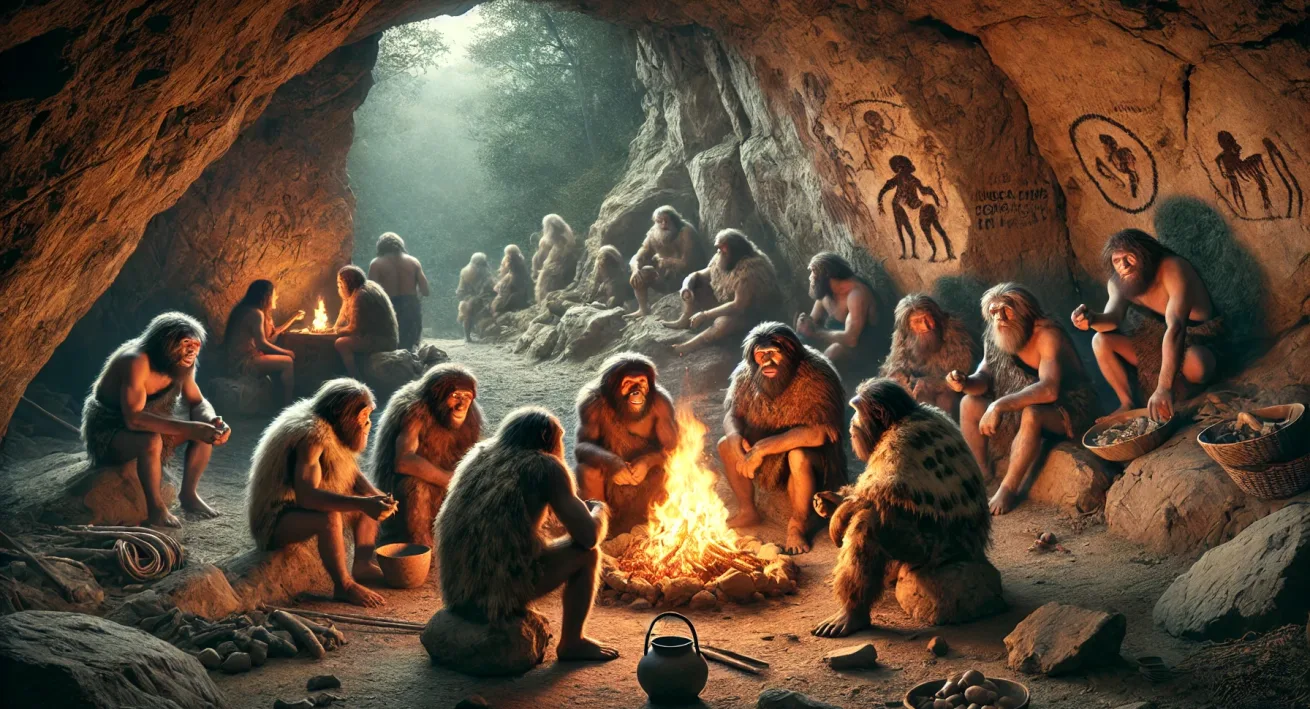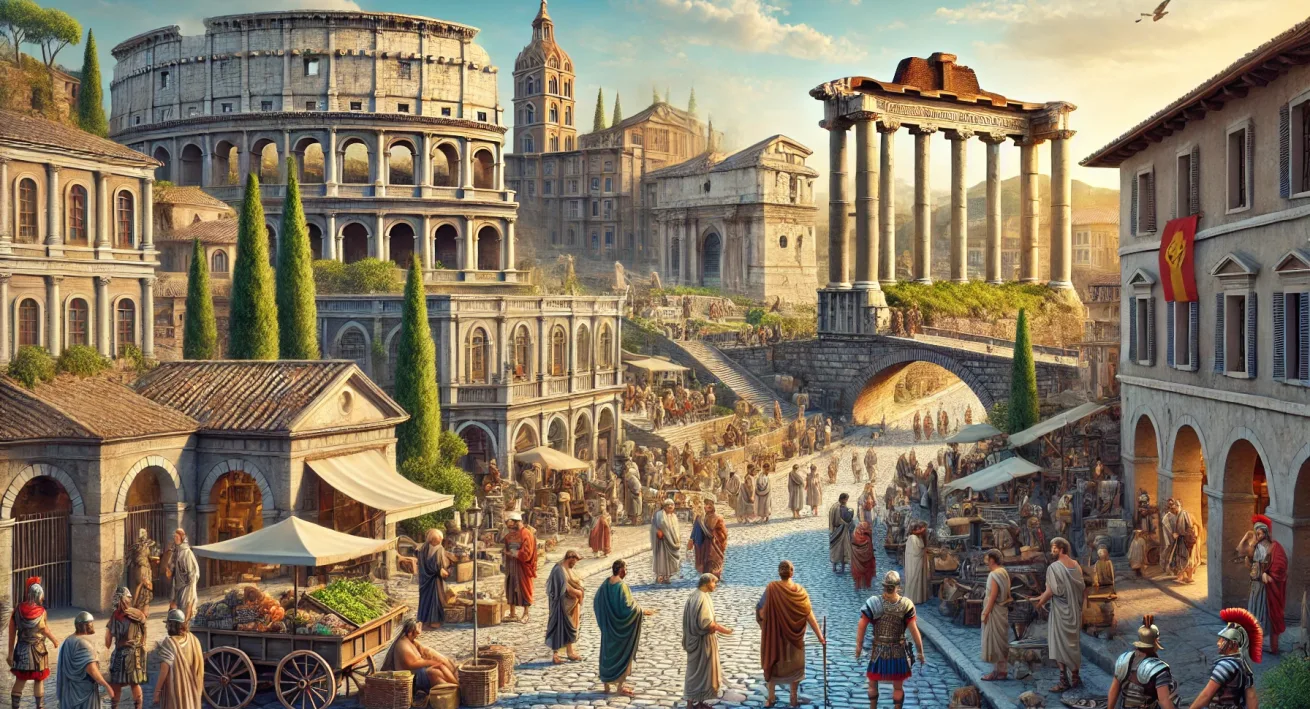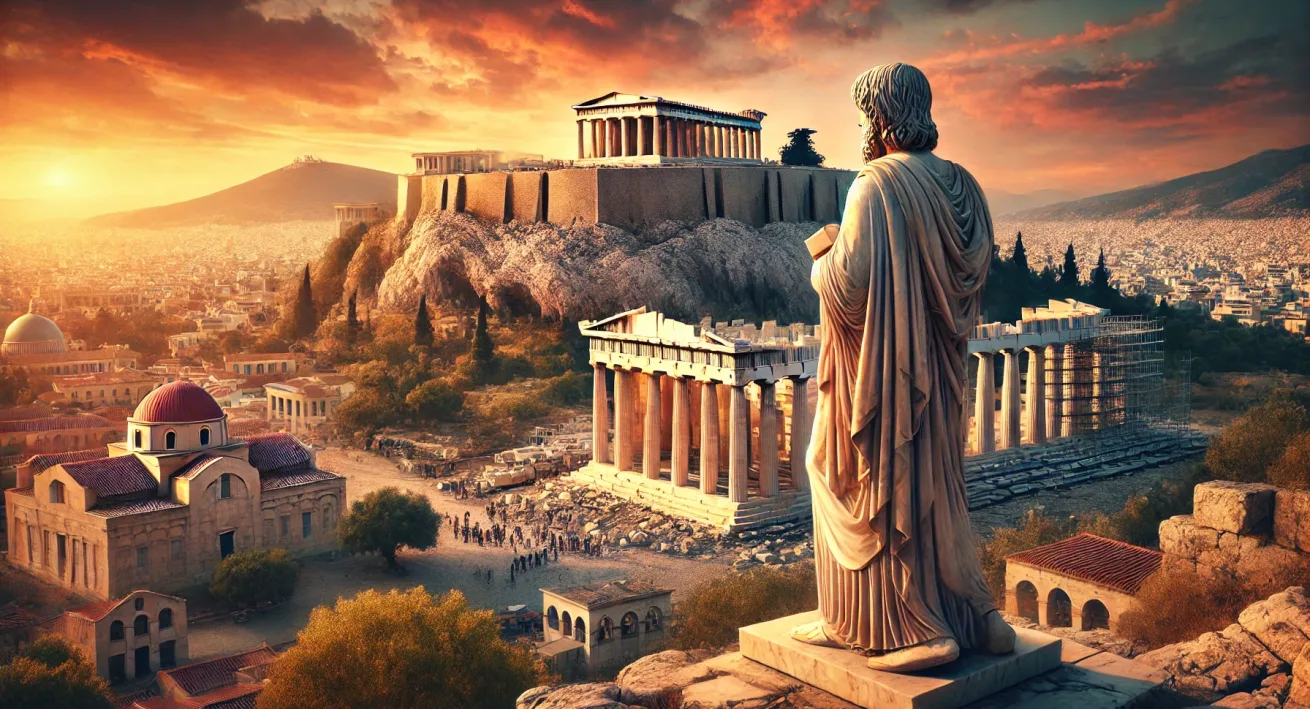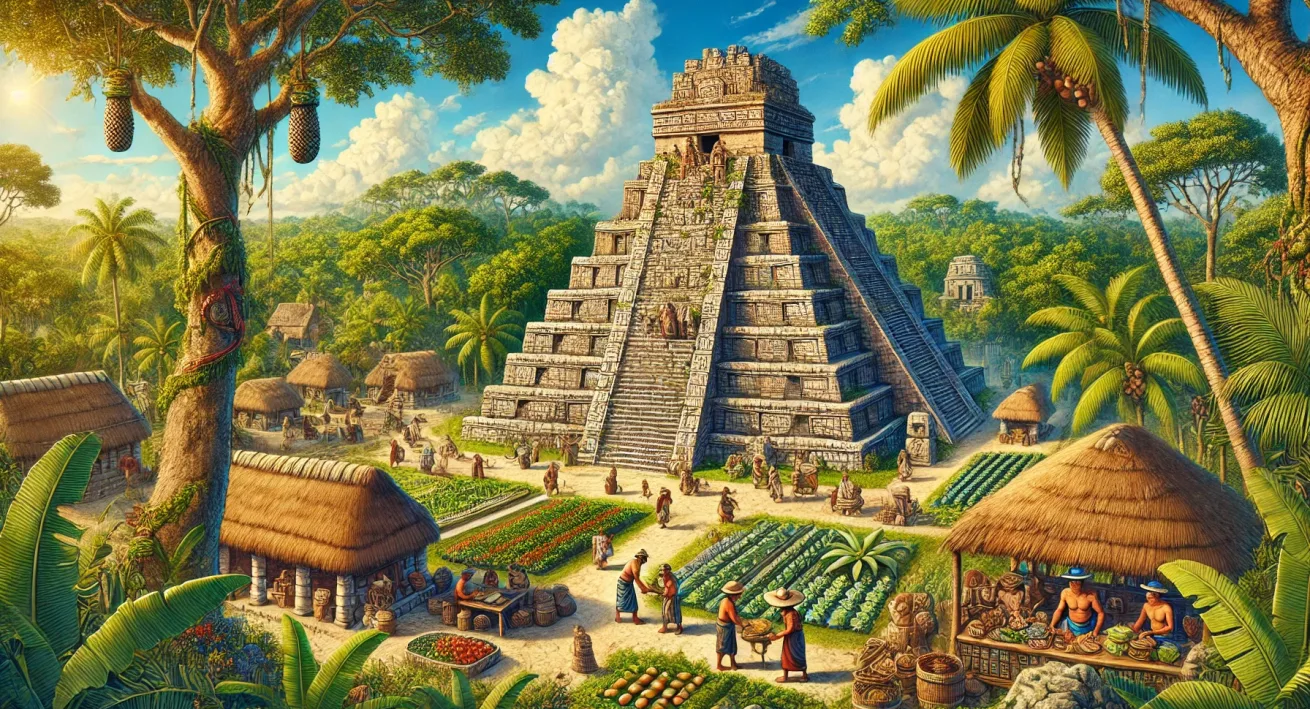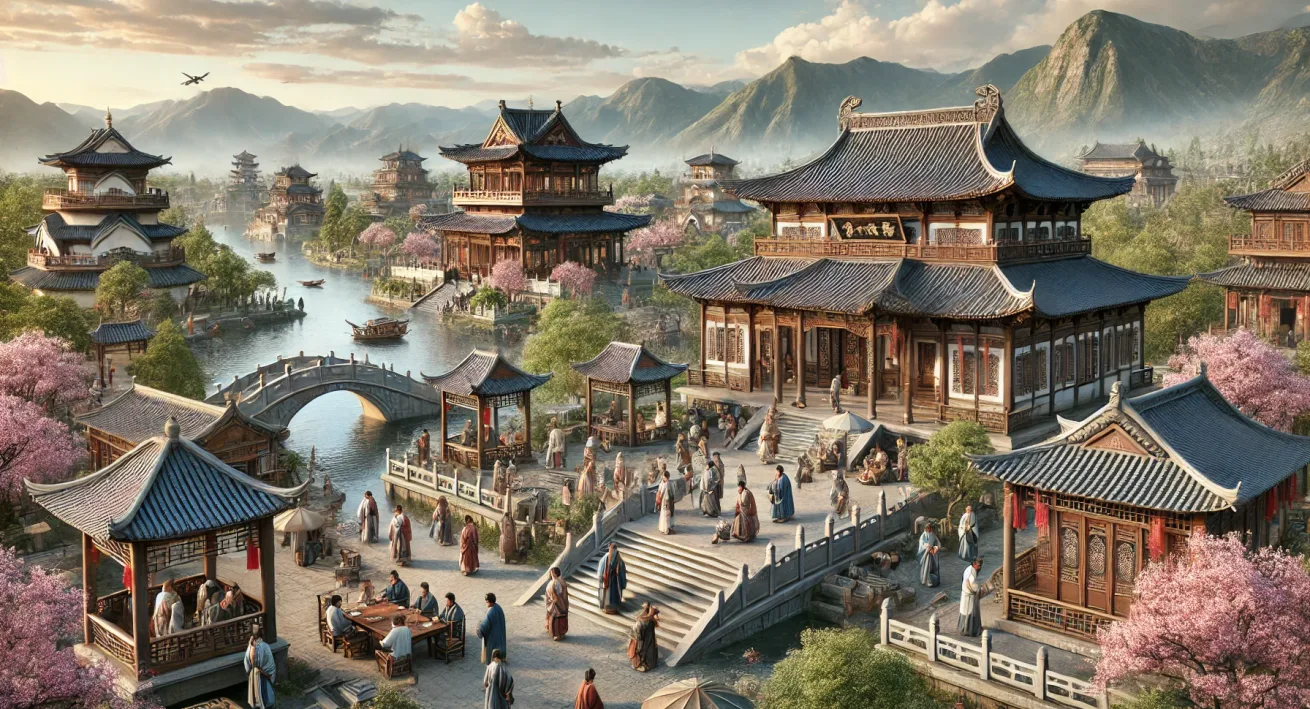The Neanderthals, an extinct species of humans who lived thousands of years ago, are often portrayed in popular culture as primitive and unintelligent beings. However, recent research reveals a far more nuanced picture of these ancient relatives of modern humans. Neanderthals were far from the brutish stereotype once associated with them; they possessed a rich and complex culture, showcasing advanced survival skills, intricate social behaviors, and even the capacity for symbolic thinking. In this article, we will dive into the various facets of Neanderthal culture that make them a compelling subject for modern anthropologists, shedding light on their social structures, technological advancements, and much more.
